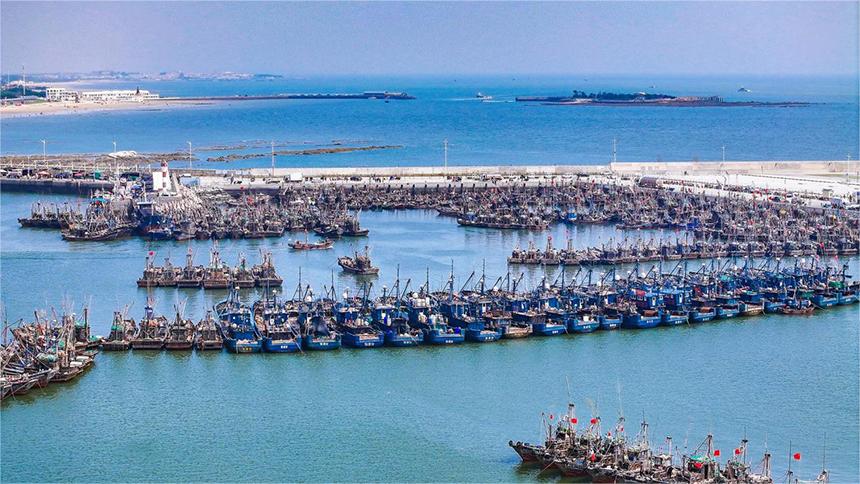Experts urge policy steps to help recovery
China should effect more monetary and fiscal policy measures so that its ongoing economic recovery can sit on firmer ground, said officials and industry experts.
During a news conference on Thursday, Zou Lan, head of the monetary policy department of the People's Bank of China, the country's central bank, said that the current average RRR of financial institutions — the proportion of deposits they must keep as reserves — is about 7 percent, suggesting there is still room for reduction to some degree.
China's monetary policy will strengthen counter-cyclical adjustments at the aggregate level, continuing to focus on domestic conditions and giving priority to supporting domestic economic development, he said.
Monetary policy tools will be used in a flexible manner to maintain reasonable money and credit growth. The central bank will continue to promote a drop in the comprehensive financing cost of the society while keeping it stable in general so that China's economic recovery momentum can be further consolidated, he said.
Proactive fiscal policy and accommodative monetary policy are needed for China to facilitate economic recovery, support the real economy and create job opportunities, said Yi Gang, former PBOC governor and president of the China Society for Finance and Banking.
Yi made the suggestions during the three-day Bund Summit in Shanghai that began on Thursday. The event is jointly organized by the CF40, a think tank, and the China Center for International Economic Exchanges.
While China's exports and trade have grown by 5 percent each over the past few months, reflecting a bright side of the country's economic recovery, domestic demand is relatively weak at present, as shown by the 4 percent year-on-year growth of consumption and investment so far this year, Yi said.
China's GDP deflator has remained negative over the past few quarters. Hopefully, this indicator, measuring the impact of inflation on the real value of an economy's total output, will return to positive territory in the quarters to come, helping the consumer price index and producer price index — both are around zero at present — to return to the positive domain, he said.
To reach those targets, a proactive fiscal policy and an accommodative monetary policy are important. Support should be rendered to small and medium-sized enterprises, as they play an important role in employment, said Yi.
At the Bund Summit, Haruhiko Kuroda, former governor of the Bank of Japan, the country's central bank, also opined that an accommodative monetary policy would serve China well. Drawn by Japan's experiences, slow deflation, even if it is mild, should be avoided, he said.
Lu Ting, chief China economist at Nomura, said that the odds are high for the PBOC to effect one interest rate cut in the second half of this year, amid rising expectations for the US Federal Reserve to lower interest rates in the second half of this month. The PBOC may effect a 10-basis-point interest rate cut, he said.
It is also probable for commercial banks to further lower interest rates for existing mortgage loans by 40 basis points under the PBOC's guidance in the rest of this year, he said.
Lu underlined the importance of fiscal policy in boosting consumption and market confidence. He said there is room to further expand fiscal expenditure in order to ensure the delivery of housing projects. Pension for the working group should also be increased to stimulate consumption, said Lu.
Photos
Related Stories
Copyright © 2024 People's Daily Online. All Rights Reserved.









